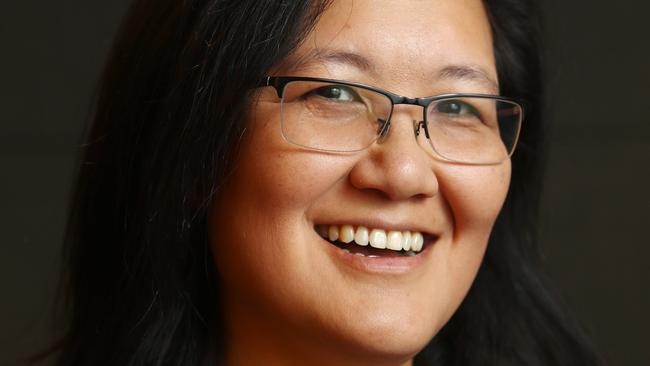Covid-19 restrictions ‘ignoring socio-economic divide’
Many workers in western and southwestern Sydney forced to leave home for work, says Diversity Council chief.

Authorities have appeared slow to understand that workers in western and southwestern Sydney often have no choice but to travel to physical workplaces, according to the new chair of the Diversity Council Australia, Ming Long.
She said the city’s lockdown had revealed the socio-economic gaps between knowledge workers who could easily work from home and those who had no choice but to go to their workplace.
“In the western suburbs, you are often travelling vast distances to work so you are dealing with (economic) disadvantage and also distance disadvantage,” she said.
“If we are more thoughtful about different parts of the community we might be able to address some of the nuances involved in managing Covid.”
Several southwestern Sydney suburbs have been identified as the epicentre of the outbreak, with a higher number of cases compared with other local government areas.
Ms Long, who was the first Asian-Australian woman to run an ASX 200 company and sits on several boards, said Covid-19 had revealed differences around who could work from home.
“We are seeing all of those class differences,” she said, “We say to people, let’s have greater workplace flexibility, but we make assumptions that people have computers at home that can cope, and that they have efficient wi-fi.”
The challenges for workers in western and southwestern Sydney suburbs had initially not been appreciated by authorities, she said.
Ms Long, who was born in Malaysia and came to Australia with her parents as a child, identified socio-economic differences as a workplace issue. The Diversity Council recently looked at class in the workplace, and Ms Long said more work was needed.
“Australians like to think we are really egalitarian, everyone deserves a fair go and that therefore they have their go, but we know that is not the way,” she said.
“We might tell ourselves that story but it is not the lived reality in many workplaces and in the community. We need to make sure, for example, that people from disadvantaged backgrounds make it into leadership positions.”
Commenting about the term “racism” in debates about bias, Ms Long said there were some occasions when the word “just puts walls up and you have to find other ways to recognise the racism that we all have. The fact (is) that we do look at skin colour and make judgments about (a person’s) capability and all sorts of things,” she said.
“It is instinctual and learnt over a period of time. But in some circumstances it is absolutely important that we use those terms (racism) because we have to face the reality that we judge people based on the colour of their skin.
“People will always say, ‘I don’t see colour’, but unless you are blind, you see colour and you will make judgments.”
She said racist social media commentary about England’s soccer players this week showed “it’s just below the surface”.
She said when people of colour did well, they were seen as citizens, for example, “but when they miss a goal or do something different from what was expected, then they are people of colour”.



